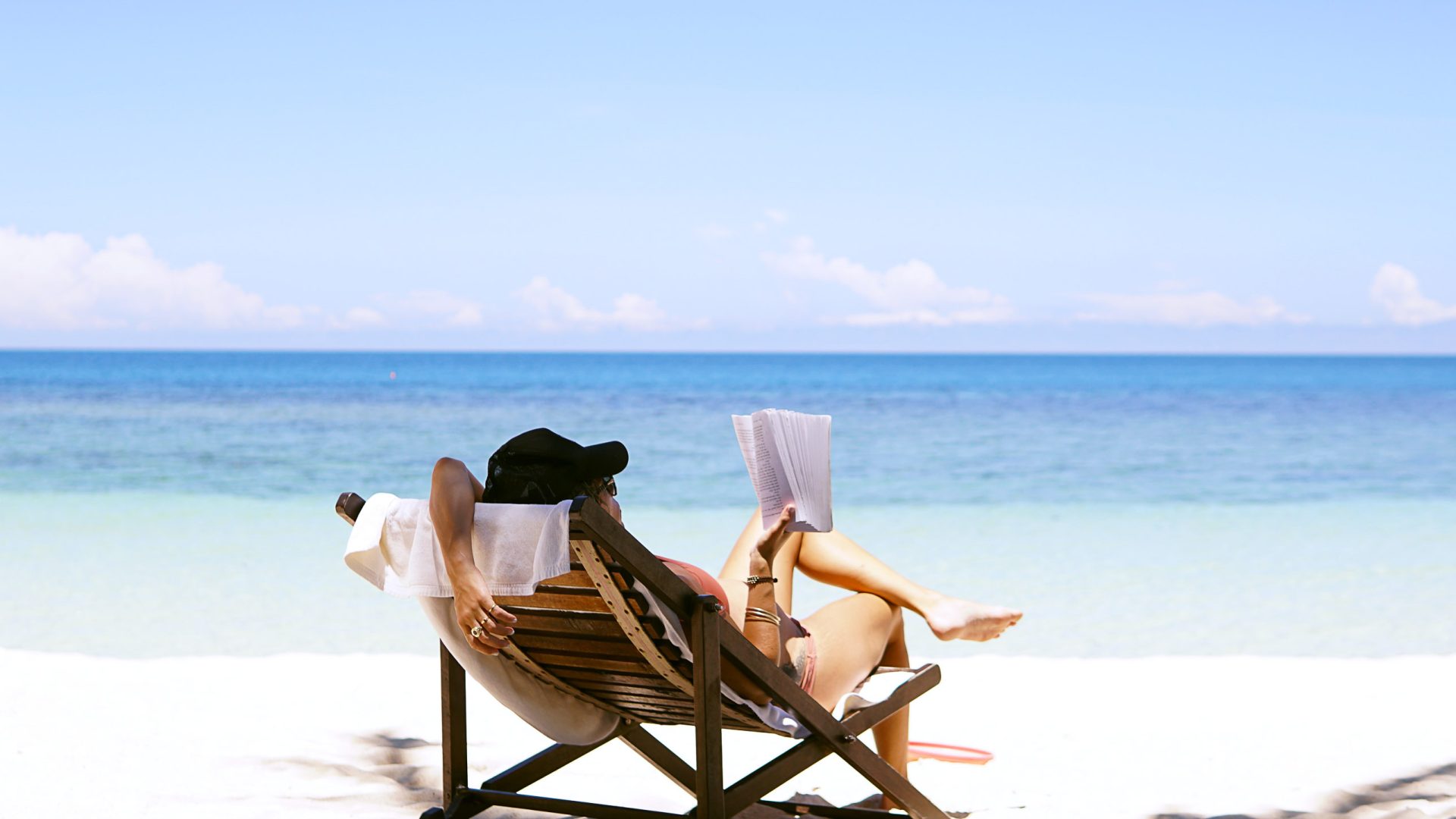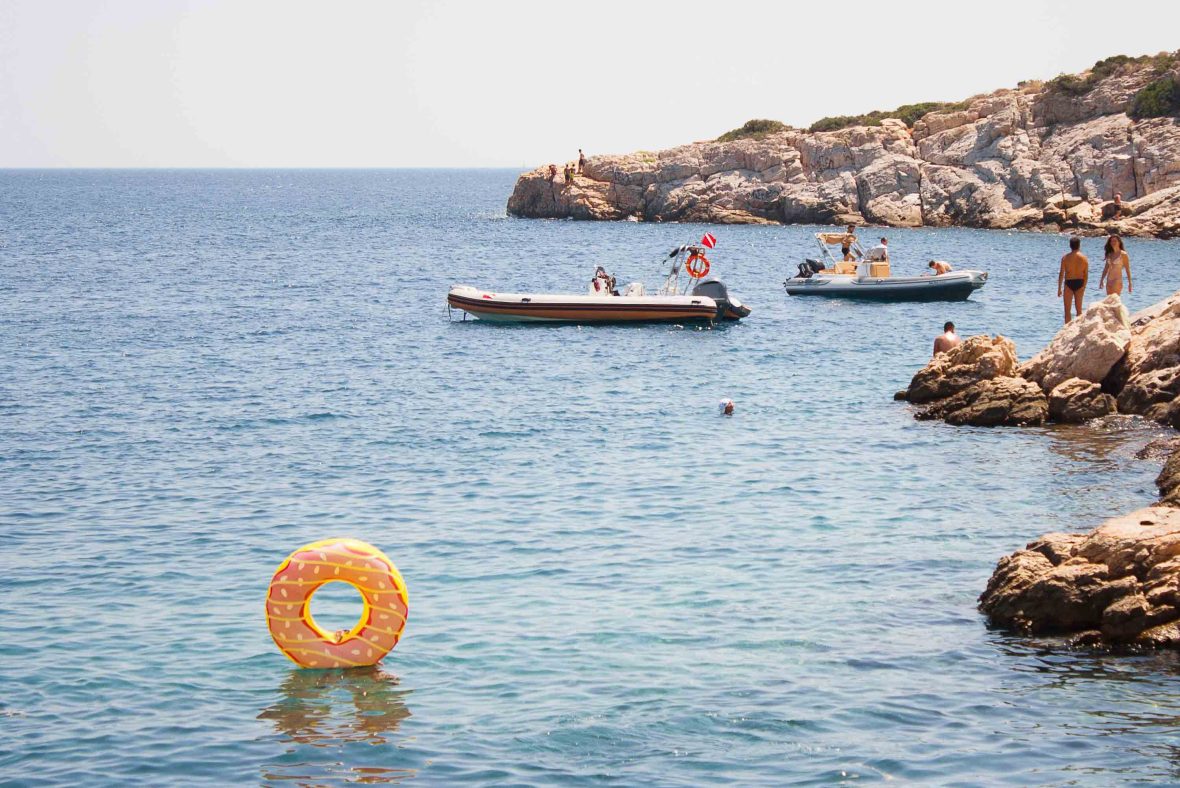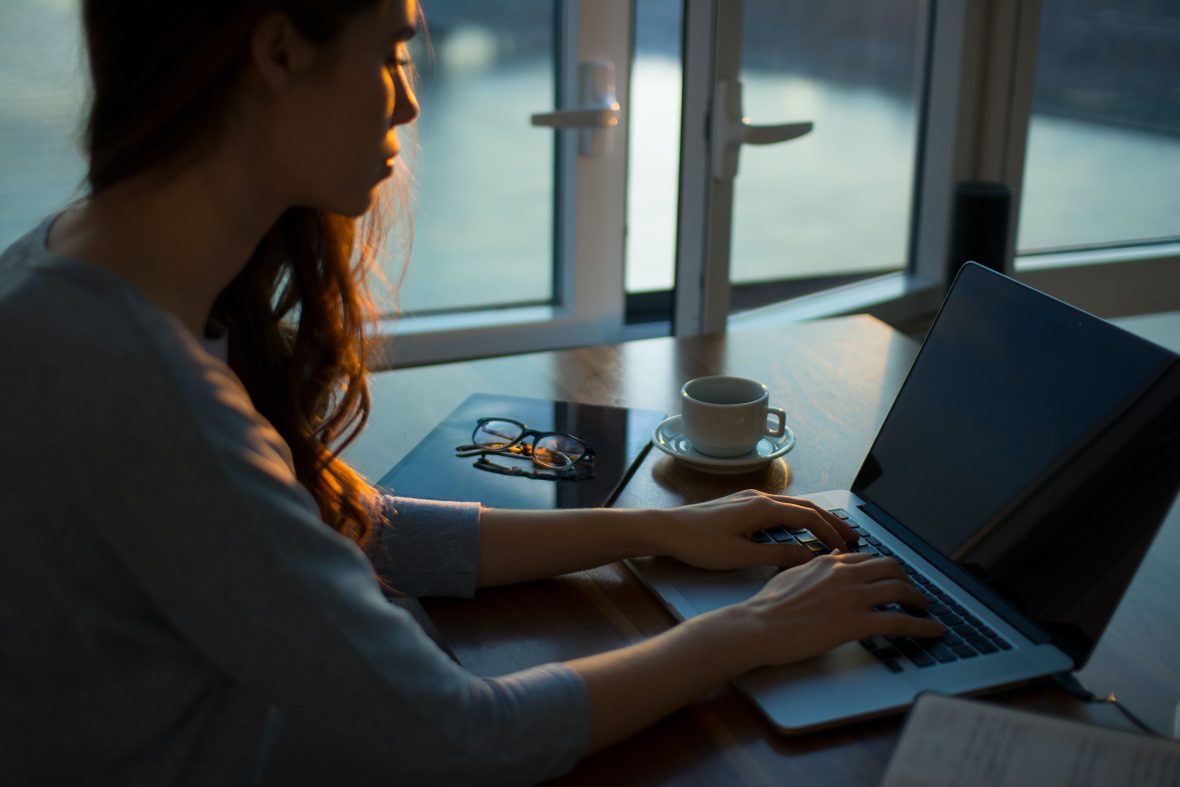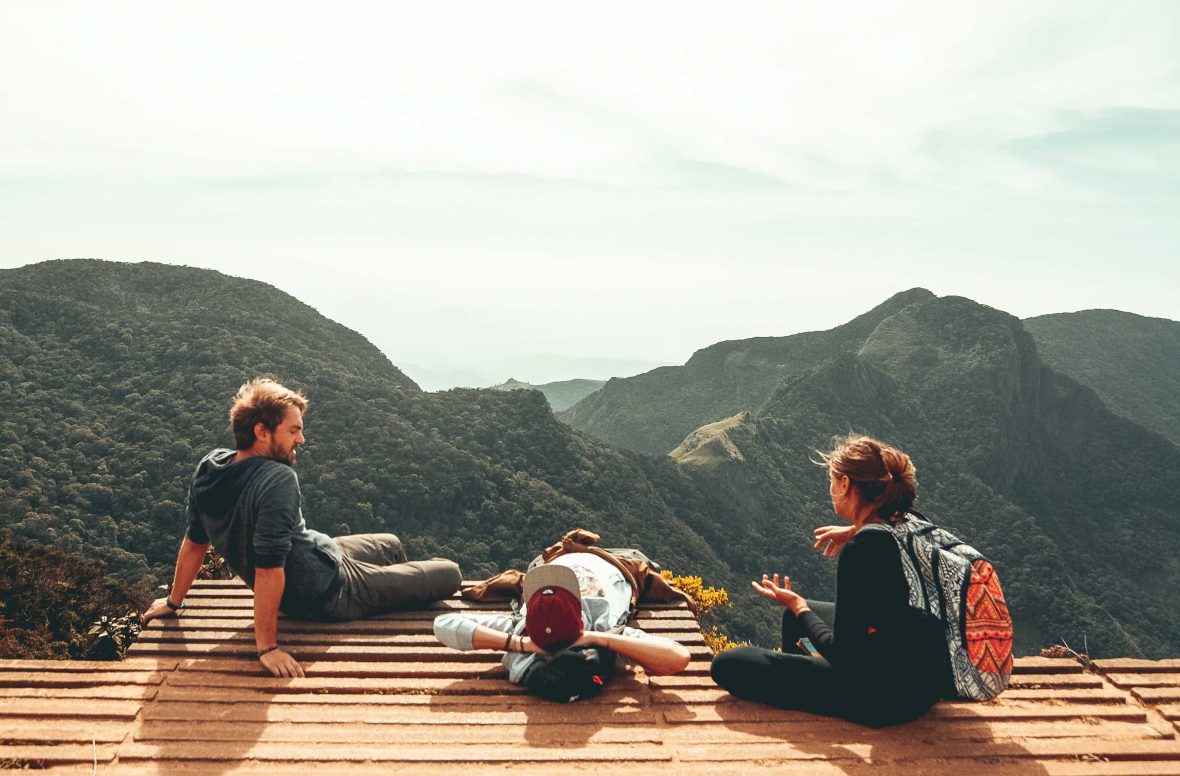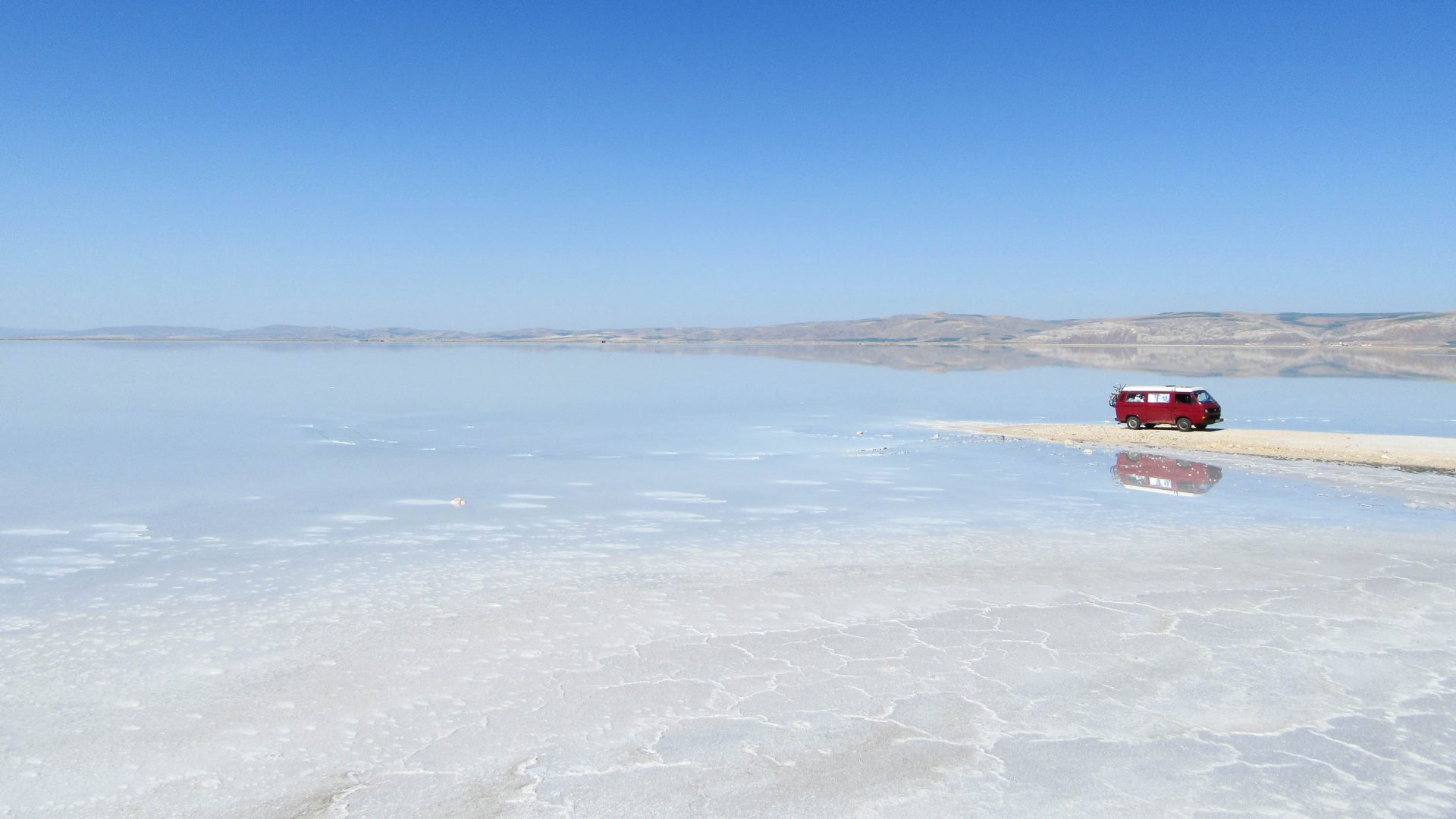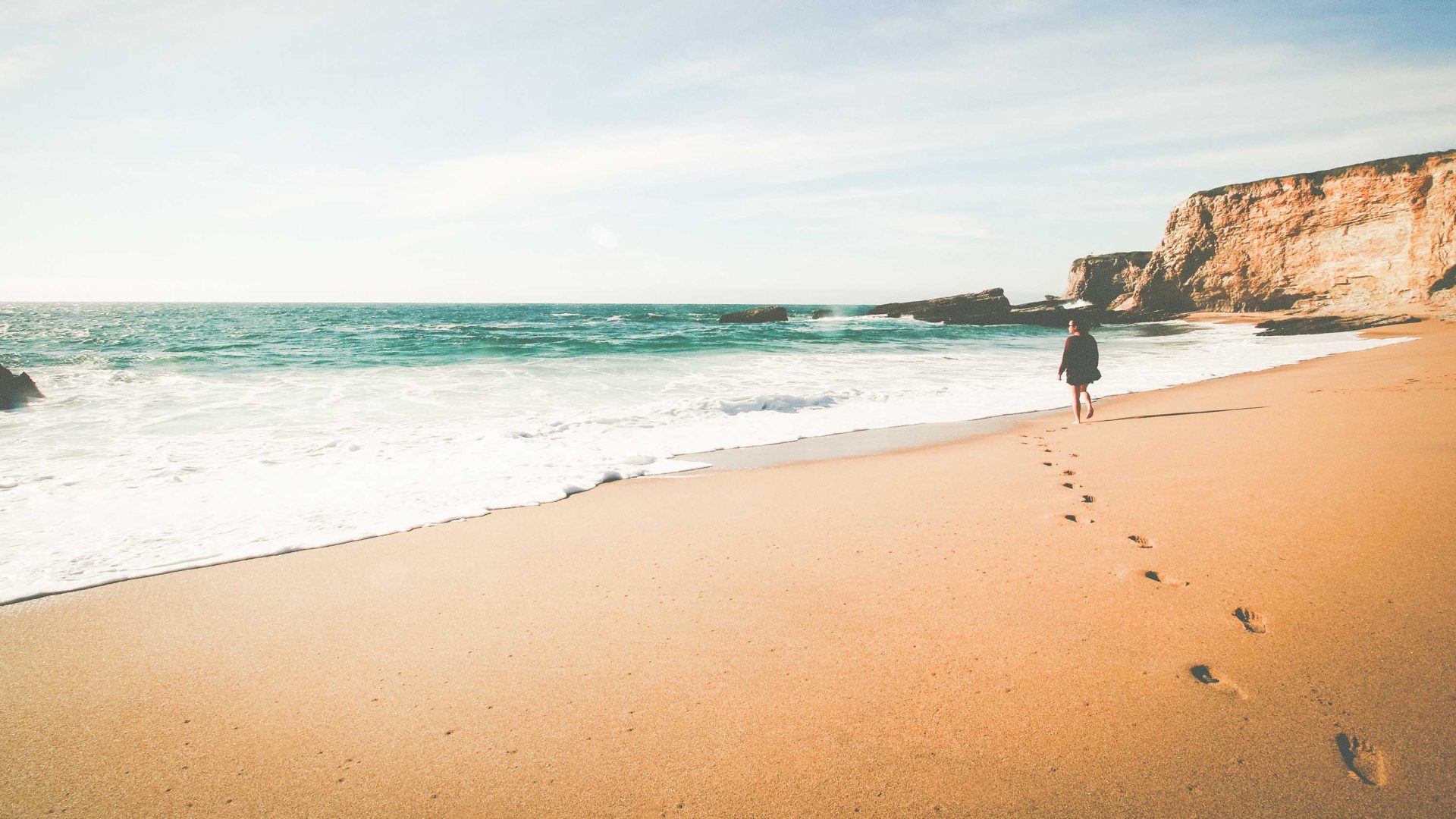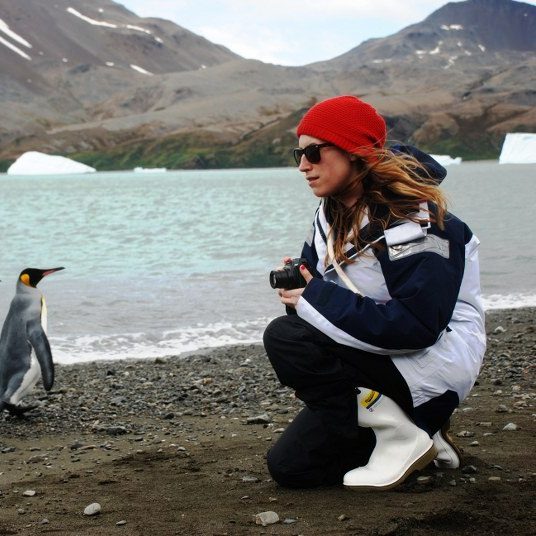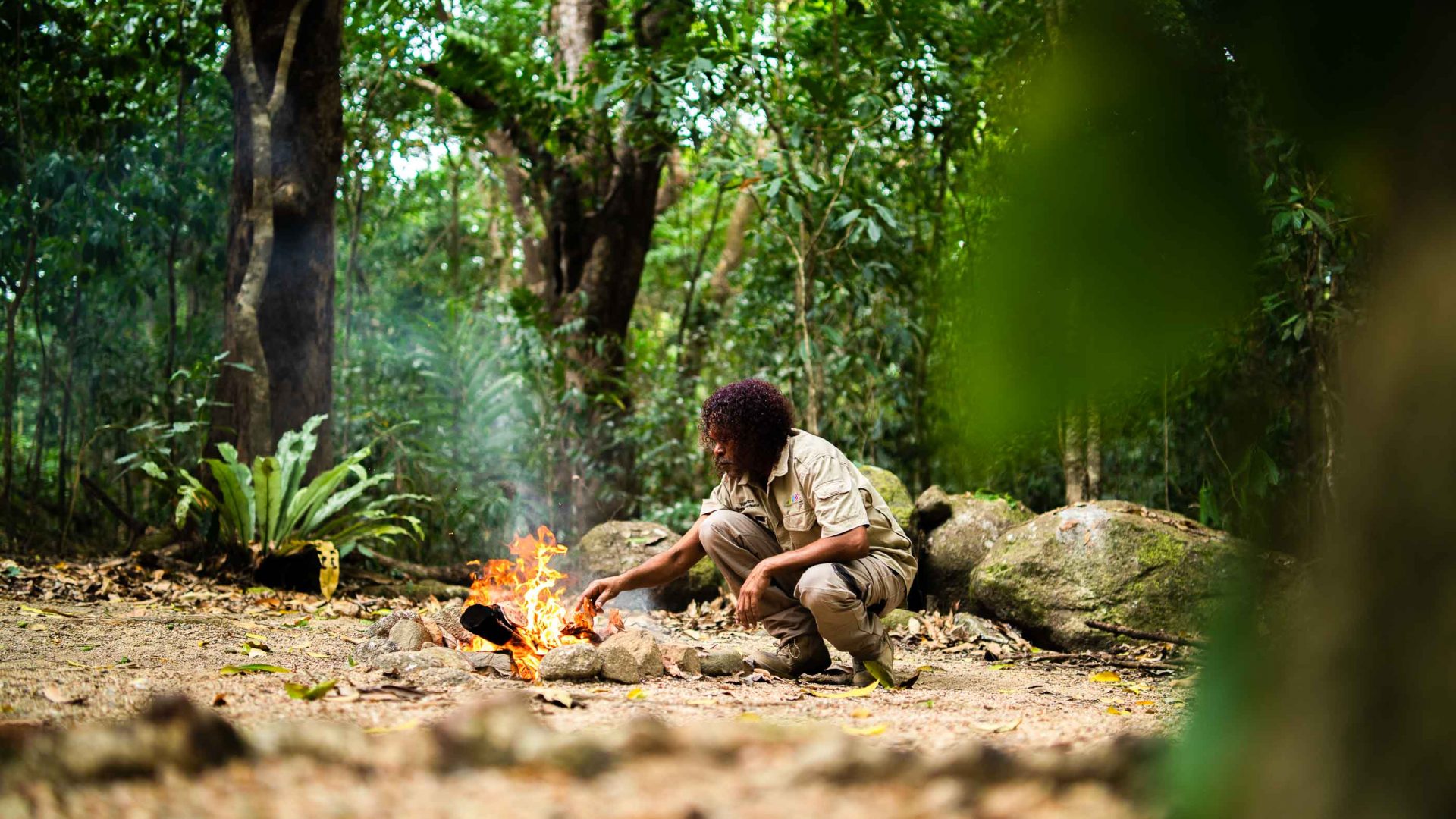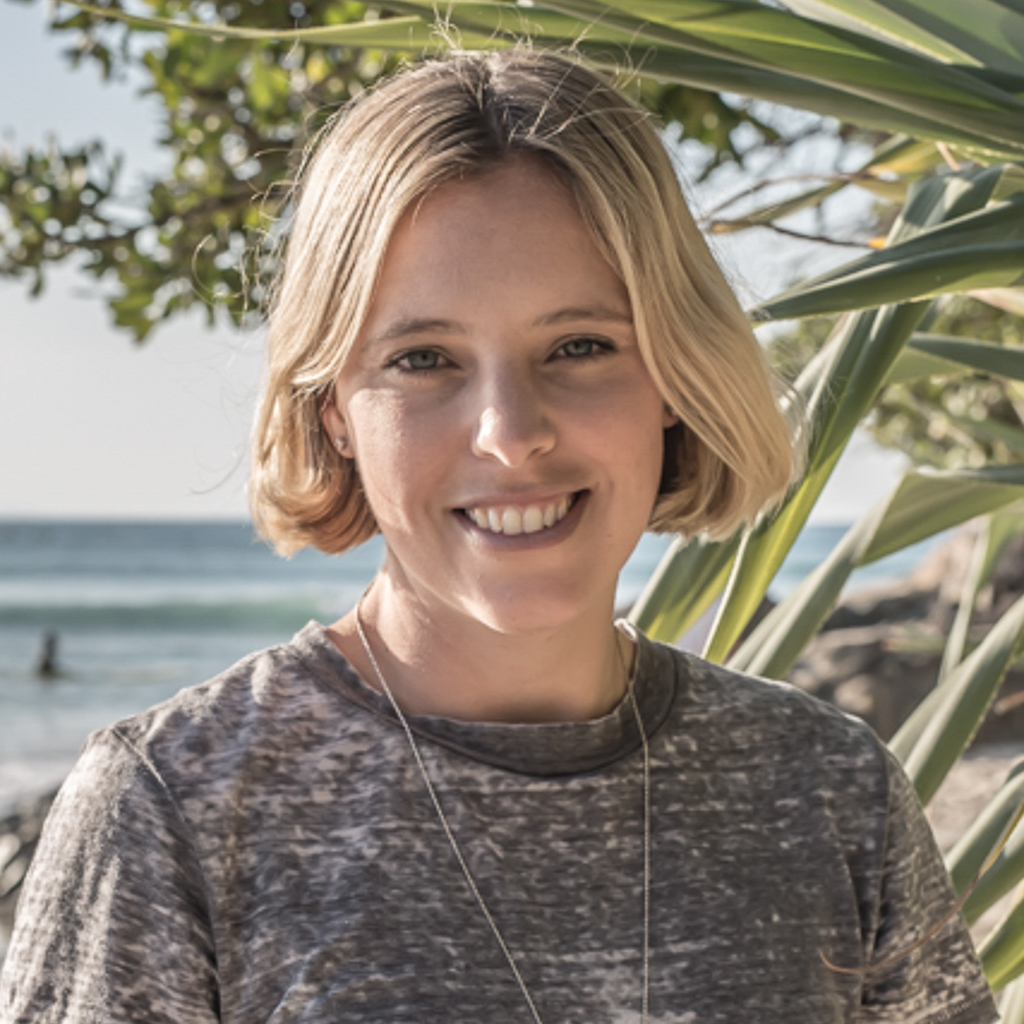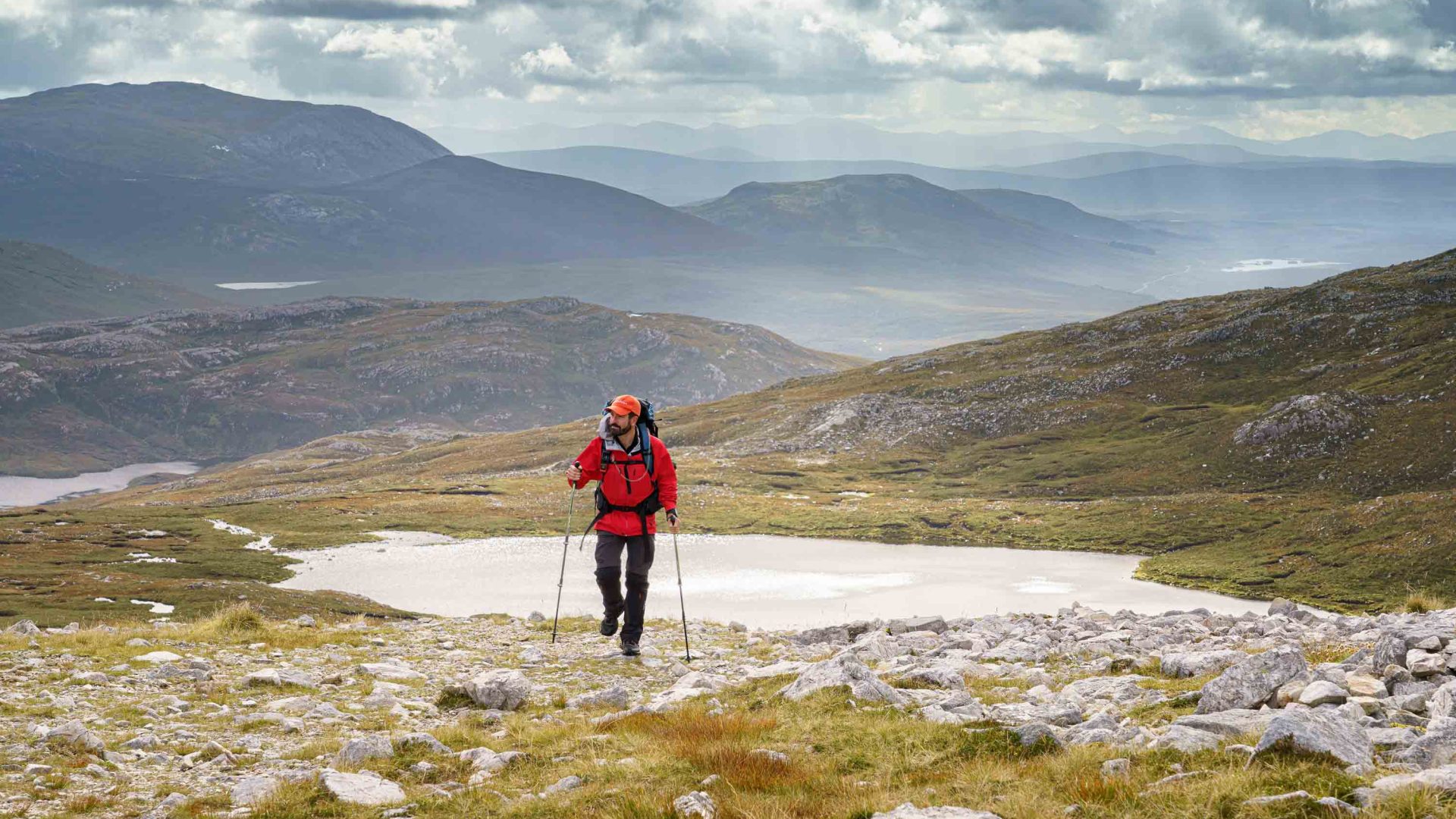This system that generates pleasure is also affected during chronic stress. Science shows that high or chronic levels of stress, such as those we are subjected to throughout the year during our workday, are capable of causing a reduction in the amount of dopamine released and/or changes in how it is metabolized.
The worst thing is that the changes do not only occur in the substantia nigra or in the ventral tegmental area. It has been found that chronic stress is even capable of changing the number of dopamine receptors in the areas that receive these projections. When this occurs, depressive behaviours often develop. Therefore, a vacation that frees us from stress will help to rebalance the dopaminergic system.
What is still not entirely clear is whether taking holidays for a long period provides better effects than taking them in a staggered way and in shorter periods.
Be that as it may, good holidays are good for us. So, we encourage our readers to find activities that make them feel good, recharge their energy, and reduce their stress so as to reboot their dopaminergic system. Happy travels!
**
This article is republished from The Conversation under a Creative Commons license. Read the original article.
